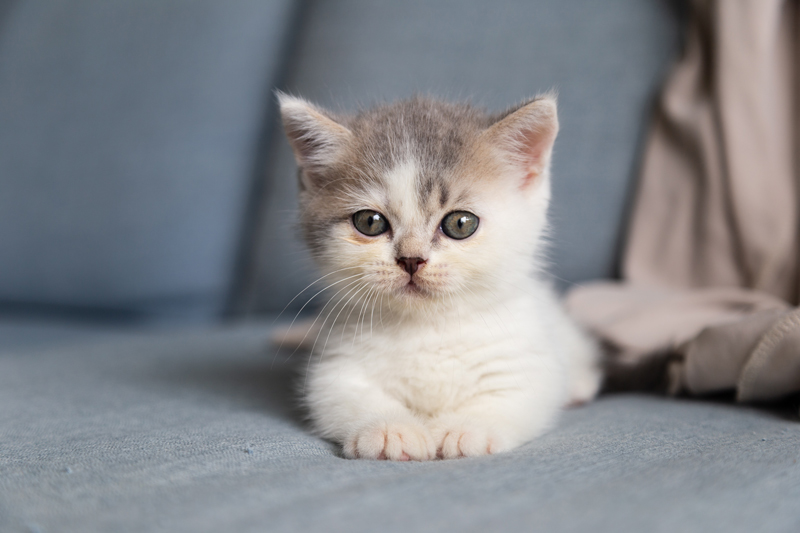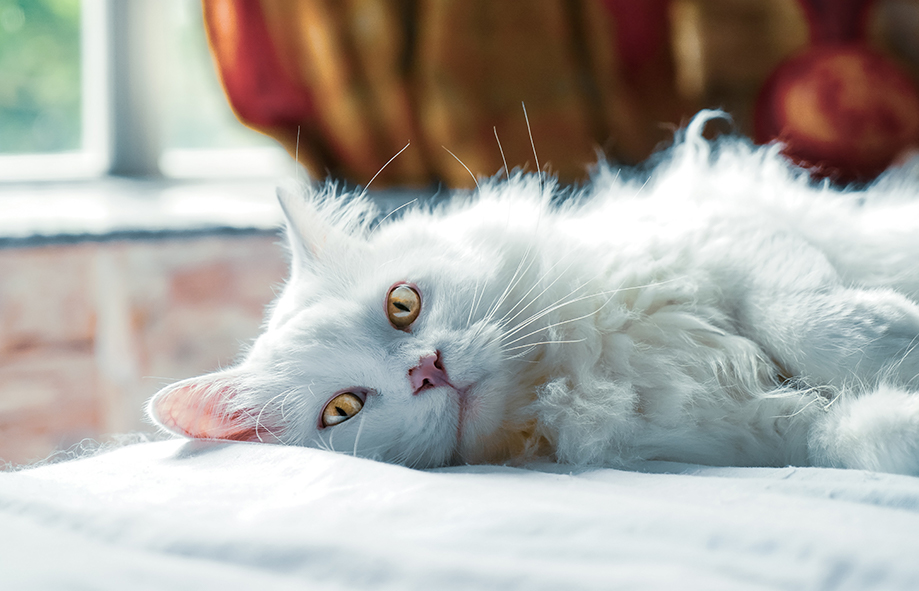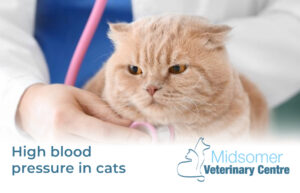Why vaccinate your cat?
Vaccination is important to protect your cat against a number of potentially fatal diseases. Many diseases are highly contagious between cats and can spread rapidly with close contact. When your cat receives it’s vaccination he/she will also receive a thorough health examination and you can discuss any health concerns you may have with the one of our Vets.
When should you vaccinate your cat?
Kittens need a primary vaccination course which can be started at 9 weeks of age. A second injection is given 3-4 weeks later. The course can be started at any time but your kitten will not be protected from the diseases until a week after the second injection.
Find out more about our Kitten Package by clicking here.
Adult cats that haven’t been vaccinated can re-start their vaccinations at any time. Similar to when they are kittens, they will need to have an initial dose of the vaccine followed by a second dose 3-4 weeks later.
To provide lifetime protection your cat will need to receive annual booster vaccinations.

What diseases can we protect against?
Feline infectious enteritis (Panleucopoenia or parvo)
The virus invades intestines and causes damage to the immune system. Young animals suffer from severe bloody diarrhoea with a characteristic offensive smell and many will die within hours of the onset of symptoms.
Feline upper respiratory disease (Cat Flu)
This is very common and is caused by two major viruses but is often complicated by secondary bacterial infections.
Feline Herpes Virus
Feline Herpes Virus attacks the eyes, mouth and lungs causing severe symptoms such as fever, eye ulcers and pneumonia. After infection, a large number of cats will become lifelong carriers of the virus rather than recovering fully. They may excrete the virus at times of stress or other illness leading to recurrent bouts of symptoms.
Feline Calici Virus
Feline Calici Virus is generally less severe but causes painful ulcers of the mouth and tongue. It can also occasionally be implicated in a much more long term and painful condition where there is severe inflammation of the mouth and gums, making eating difficult.
Feline Leukaemia
This virus is one of the main causes of premature death for cats in the UK. The virus is easily spread via saliva and blood, so can be transmitted to other cats, often following cat bites. Feline Leukaemia Virus attacks the white blood cells and bone marrow, which weakens the immune system and makes the cat more vulnerable to secondary infections. It also causes anaemia and cancer of the blood, intestines and other parts of the body.
Rabies
Although this is not routinely needed in the UK, cats need to be vaccinated against rabies prior to obtaining an EU Pet Passport and travelling abroad. Vaccination can be carried out from 3 months of age. Find out more about our pet passports.
SPECIAL OFFER
Bring more than one animal for vaccinations at the same time and we’ll give you 10% off their vaccinations!
To arrange your cats vaccination and health check please feel free to call us on 01761 412132 or contact us via our online form


